About Learning
We all have learned many skills at some point in our lives. Learning comes naturally to people, small children learn almost by themselves by playing and exploring. As a starting point, it’s good to try to keep the same enthusiasm for learning the harmonica. You learn best by trying and doing.
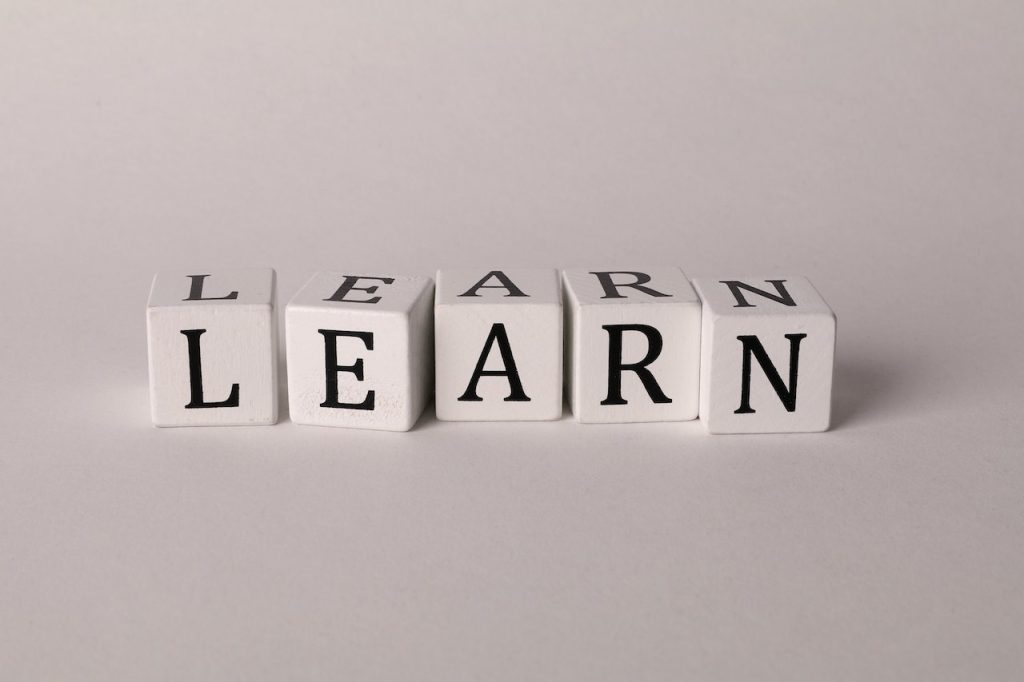
Since I like to constantly learn new skills (languages, painting, harmonica, playing, making websites, etc.), I have noticed that learning to learn is also a skill of its own. Better you learn to learn, will help you to adapt new skills in the future.
The more you learn new things, the more you notice that previously learned things are useful for learning new things. There are also overlaps in many aspects, such as learning the guitar and the harmonica (rhythm, scale, melodies, etc.). But also surprisingly a lot in things you might not have thought of. Example studying spanish vs music vs painting, more you know the more you know!
Have you ever noticed that some people pick up a new skill surprisingly quickly?
While you feel like you’ve been pedaling in the same shoes for a year?
I personally believe that you can learn almost anything quickly, maybe not to the level of a master, but well enough that you could enjoy the new skill you learned and make a big impression on those around you. Harmonica is actually pretty cool, because the design of diatonic harmonica, where every you blow or draw, you always make “correct” sound. In a theory you could learn the bare bottom basics in few weeks and make melodies with it!
Here are the most important things that will help you learn continuously and hopefully quickly.
Learn the Fundamentals
Learn the fundamental skills first. These are skills that should be learned at the beginning and usually skills are the basic building blocks of what you are learning. These are the ones that are related to the famous 80/20 rule (Pareto principle)
So you focus on fundamental skills which gives 20% of the skills that give 80% of the results.
You ever noticed, how some professional player plays the same song so much better than someone who is just starting? Its because the pro has really strong foundation of the fundamental skills.
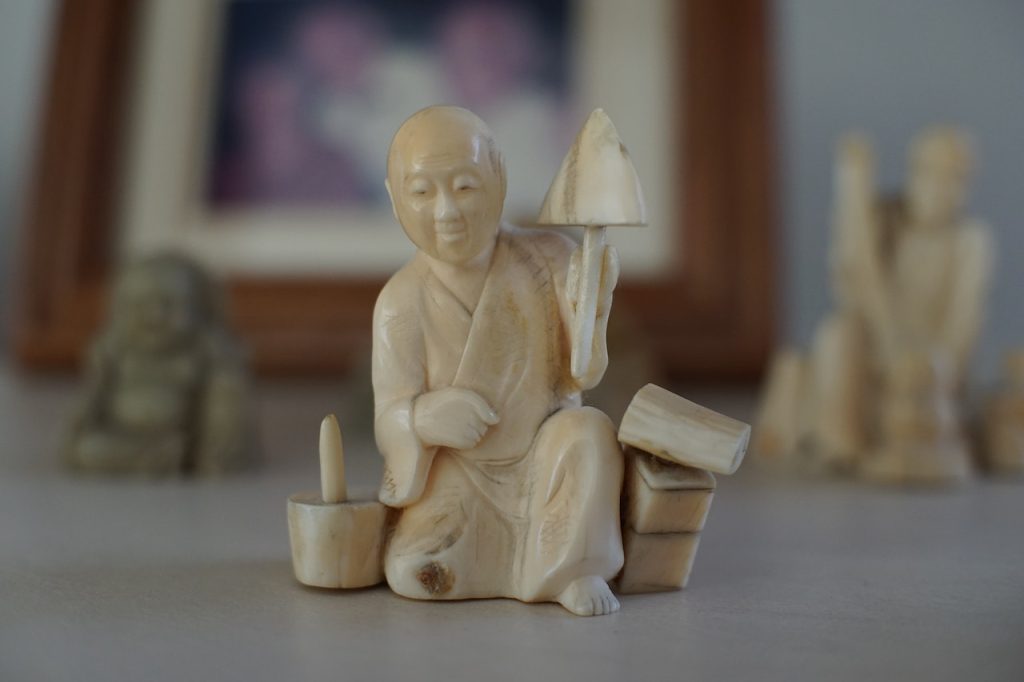
For example, a painter should first learn to draw what he sees, then learn the basics of perspective, anatomy, color theory, composition, etc.
As for the harmonica, this guide is specifically intended for studying fundamental skills, i.e. in a nutshell, playing 1 pure note, breathing technique, C major scale, rhythm, chords and different modes, etc. Once you learn the basics, you can practically play anything.
Fundamentals skills are, without exception, different skills that should always be practiced in the future as well. An artist who has been making masterful paintings for years usually goes back to the basics and practices more anatomy. A skilled guitarist who has been playing for decades may still occasionally do rhythm / scale exercises.
Although in the future these exercises will only take a moment, while at the beginning they could take weeks or months.
Daily Practice, just a 15 minutes a day!
One of the most important things is to study constantly and every day.
15 minutes a day is enough if you study continuously. This may seem silly, but I’d rather have too little than too much. I’d rather have 15 minutes a day than have a crazy goal and plan to train for dozens of hours a day.
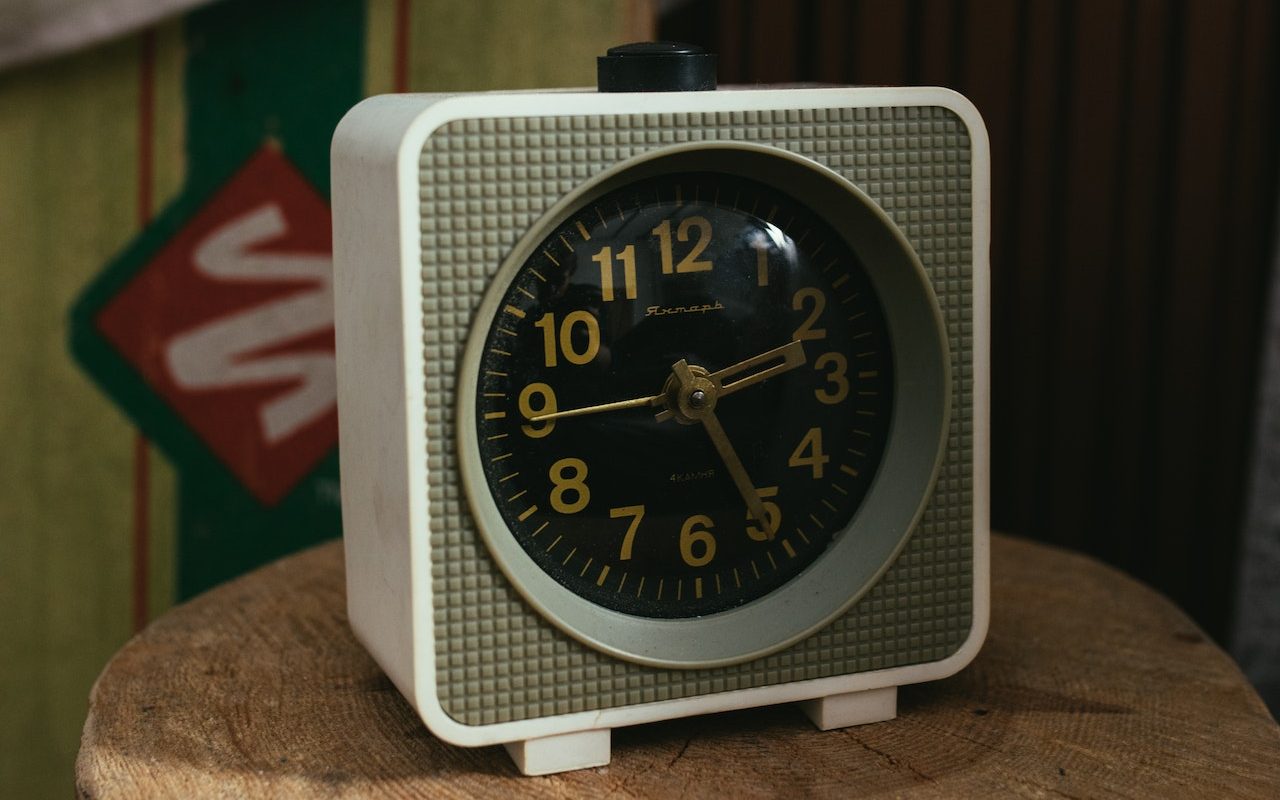
In the end, it easily happens that this becomes unnecessary pressure and the meaning disappears from playing/practicing. I myself once practiced painting and wanted to become really good at it. I tried too much and eventually lost interest in it.
At the same time I had bought a guitar. I didn’t have any goals to become good with the guitar, so I practiced and played it only 10 to 20 minutes a day. After a year I realized, almost by accident, that I can already play the guitar without effort!
Since I didn’t have too many goals, playing was active. At the same time, I had made no progress in the painting. The moral of the story?
I’d rather enjoy a little a day than nothing at all. However, your training time should be focused. So put the phone on silent, turn off the TV and social media and take out the harmonica and start practicing!
Of course, if you want to call 6 hours a day and nothing prevents you (e.g. Family, work, etc.), then by all means, do it!
Learn Smart, not hard!
This goes hand in hand of what mentioned above. You should practice the things that are your weakness and practice the correct topics.
The most important thing is to learn the correct things, not trying to go through brick wall and study too much. You should monitor your learning, i.e. keep a record of what you should learn and what you still don’t know well. At the beginning concentrate to the basic skills & fundamental areas mentioned above, set goals and objectives on what you want to learn.
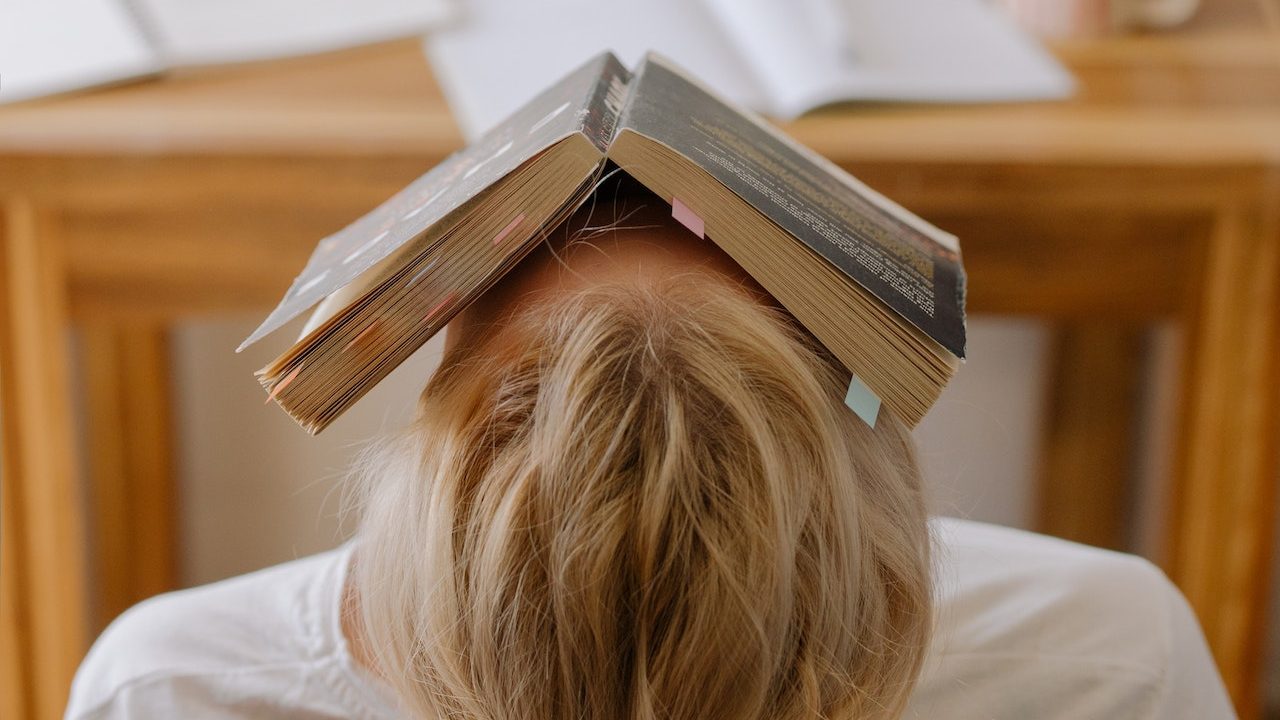
Once you know the skills you need to learn, focus on them. Also keep in mind which skills you lack and which you already know. It’s not worth repeating things you’ve already learned over and over again. (We are all guilty of this, I am sure!)
Also, learn slowly and properly at first! Everyone wants to learn to play quickly. If you learn too quickly in the beginning, you easily learn mistakes. This is very common mistake on beginners (in guitar players alike) It will be difficult to get rid of wrongly learned habits in the future. So make it S.L.O.W and right at the beginning. Side tip: also use a metronome to learn the rhythm!
When you learn every day with smart steps, you won’t notice that in the future it will be so easy and you can speed up your playing.
Make Notes!
It is definitely worth keeping a notebook, now a days there are good tools such as Evernote, OneNote, Google Docs, Obsidian Md.
Personally I recommend Obsidian MD. But you can really even be oldskool and use pen & paper.
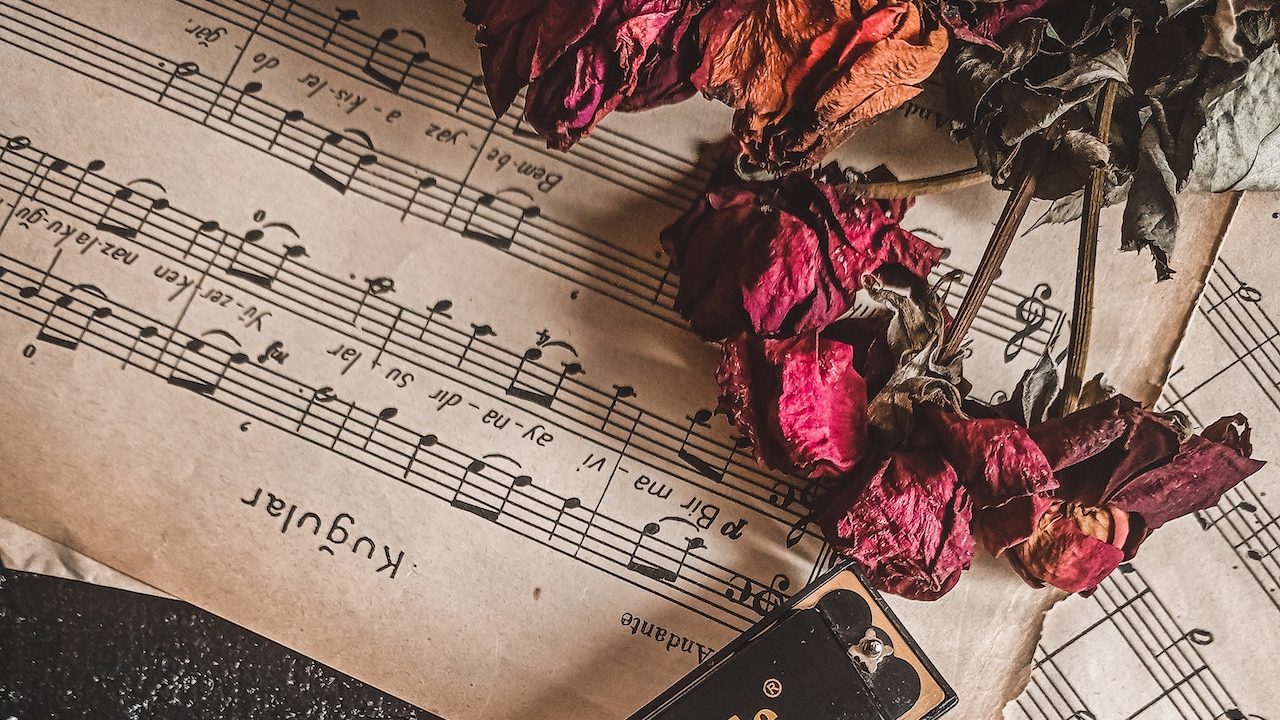
When you watch educational videos on YouTube, I personally like to write down the things taught and practice things again.
The same if you read a harmonica book, then write down the most important things for yourself and return to them at regular intervals until they are in the spinal cord.
Write down your ToDo (To learn!) pages, scales, songs and everything you learn. Its easy to return to the notes after a while.
Repetition!
Repetition to make it stick!
When you practice for at least 15 minutes a day, you should first review the things you learned earlier at the beginning. You can spend 5-10 minutes on the new thing you learned yesterday and then do something new for the rest of the time.
When you repeat something enough, it stays in the spinal cord and after that you only need to come back to it every now and then.
Enjoy!!
Like the example I gave about playing the guitar above, enjoy playing and practicing!
Don’t just learn scales and theory, but also learn new songs, play with other people, listen to your favorite players and get motivated!
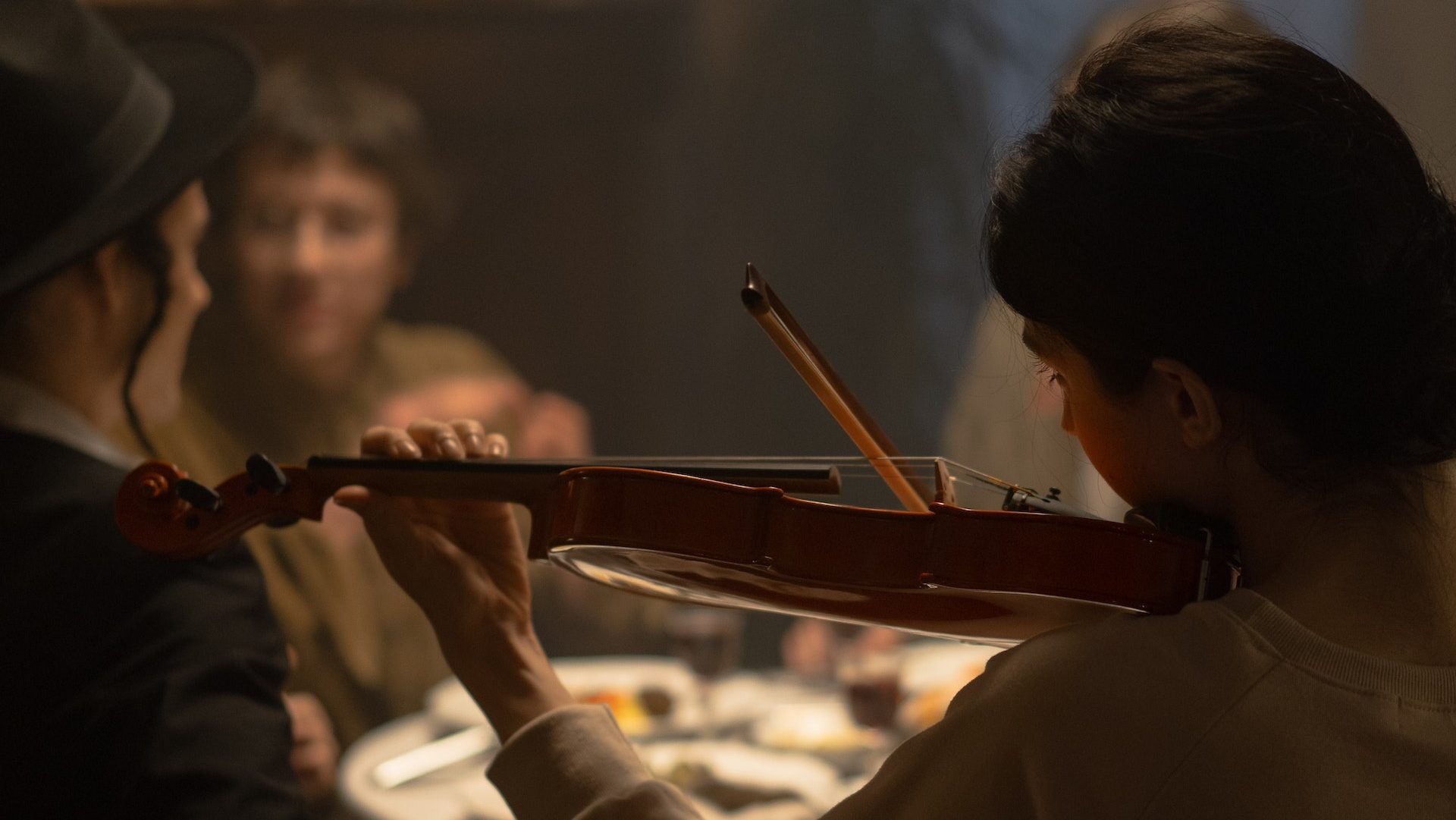
If the training starts to feel burden to you, take a break! Playing harmonica is not meant to be taken too seriously! So have fun!
Summary; tldr
- Learn Basics first (fundamental skills) and master them!
- Practice Daily at least 15min!
- Study smart, not hard!
- Keep notes what you have already learned, what to learn next etc.
- Repetition! (to make it stick)
- Enjoy! (Playing should be fun after all?)
More About Learning?
If you are interest to know more about learning, here is pretty interesting Ted talk which I recommend.

